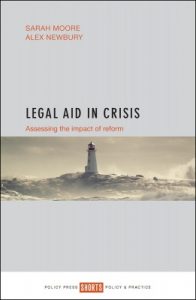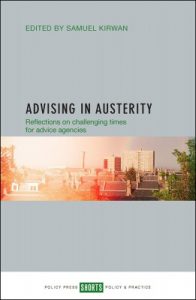By Dr Devyani Prabhat, Reader in Law (University of Bristol Law School)

Unaccompanied asylum-seeking children often get short term leave to remain in the UK for only 30 months or until they turn 17-and-a-half, whichever is the shorter period of time. While they may get extensions at the end of such periods often they simply get removed from the country. Thus, age 18 is a time of heightened uncertainty and fear for these children.
In April this year, the Independent reported that hundreds of asylum-seeking children were removed to disturbed regions which the UK government deems too dangerous to visit, such as Afghanistan, Iraq, Somalia and Sudan. A year back, the Guardian covered a number of suicides by young people who had taken their own lives after years of negotiating the asylum system.
These young people committed suicide around age 18. Instead of the age of majority, it was the time of deepest despair for them. (more…)







